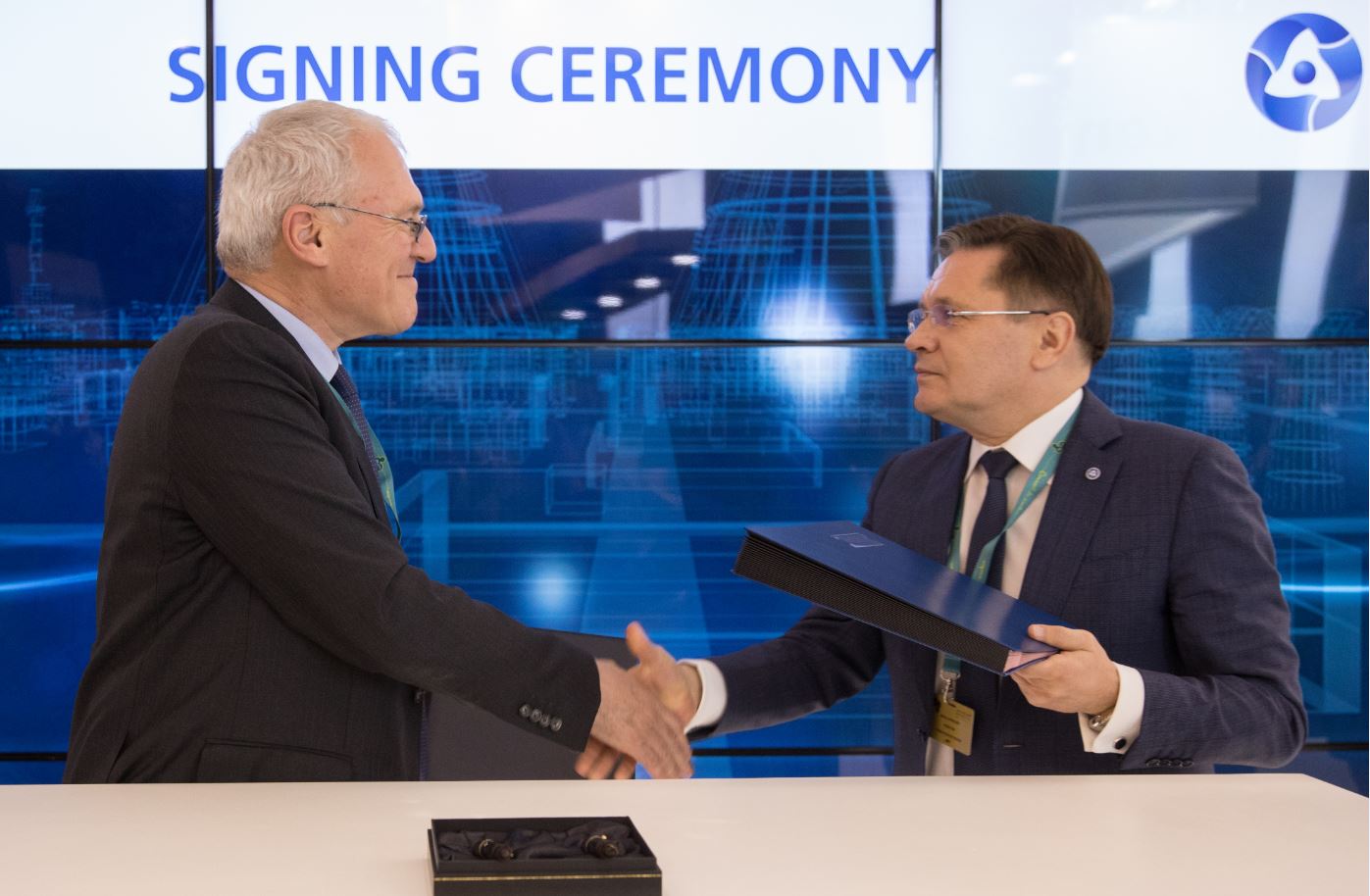The Registrar and Chief Executive Officer of the Institute of Credit Administrators (ICAs), Dr. Chris Onalo, has joined other oil and gas industry experts to call on the federal government to review the current Oil Contracting Process Policy (OCPP) which has been causing damaging delays in projects execution. He traced loses to the long process to over N18 trillion in the last couple of years.
Beginning with the tendering process in Nigeria, Dr. Onalo, decried the long period of waiting for a contract to be signed always result in an extra cost which is not on the government, but on the company.
According to him, if meaningful recovery and growth are to be made in the industry, the Federal Government should reduce the contractual circle to avoid additional cost and delay which are usually borne by oil companies without any form of compensation.
He noted that “Reducing the tendering process will depend on the technicality of the project because there are projects that are more technical. The nature of the contract will determine the length of the tendering process. The most important thing is for us to be realistic”.
Earlier in a presentation to participants at the School of Media and Communications (SMC), Pan Atlantic University, Lekki, Mr. James Okereke, the general manager, Downstream Gas at Chevron Nigeria/Mid-Africa Business Unit, said just as oil and gas remain the main contributor to government revenue, making over 90 per cent from Joint ventures in oil production sharing contract, it is important to make the contractual processes seamless and timely to avoid the challenge of cost differentials between the day contract proposal is submitted and approval time.
In his submission, he argued that “many a time, the true value of the contract by financial value is always eroded by time lag between when the proposals are submitted and when the government processes same and approval.
Corroborating Chevron’s position, the Managing Director and Chief Executive Officer of Oilserv Limited, Emeka Okwuosa, said the inability of projects’ owners to reduce turnaround time for contracts, especially the tendering process, had become a source of worry to players in the oil and gas industry.
He revealed that , the tendering process sometimes takes up to two years, thus making operators incur additional cost as arising from inflation, and in the end, some get frustrated and abandon the project.
Okwuosa added that “For me, it is about making conscious efforts to put up a process that’s fit for purpose. When you start a tender and the process goes beyond six months, you are in a different territory. You have a situation where inflation may have changed and prices may have changed. Some tendering processes take up to18 months. That should end, it requires concerted efforts”.
“We have heard National Petroleum Investment Management Services (NAPIMS) say they will look at that and correct it. We have equally heard the Minister of State for Petroleum Resources, Dr. Ibe Kachikwu, say that such a prolonged tendering process must end in the oil and gas sector. There is the need for concerted efforts to streamline the process of tendering and make sure that the tendering and contract cycle time frame is shorter. That requires a directive from the minister, which is then cascaded down to every party involved in the process,” he added.
Giving a class example of the costs of protracted contract circle, Roland Ewubare, managing director of Integrated Data Services Limitedrecalled that “There is a petition recently that has to do with a tender process that began in 2002 and the award, which was the basis of the petition by the contractor, was made in 2013. It took 11 years to put in place a contract. Now, the operator has to remain in business and do its work”.
“The operator’s argument was that while we were waiting for the NNPC to put the contract in place, we had to, on a stopgap basis, go on with the existing contractor we had. The issue around the contracting circle is a big one. We are trying to drive it down to six months.”
Besides, the Nigerian Association of Petroleum Explorationists (NAPE) said in a communiqué issued at the end of its special workshop recently that “procurement and contracting cycles were about 36 months, making it the longest and most inefficient in the world”.
NAPE made it clear that “Long contracting cycle results in high levels of uncertainties in costing and planning, thereby creating a sluggish business climate. We proposed a reduction in the contracting cycles for services and projects to a maximum of three months and nine months”.
The Minister of State for Petroleum, Dr. Ibe Kachukwu had listed causes of long tendering process in the country to include multiplicity of bidders, application of manual tools in bid evaluation and divergent tender requirements by approving entities such as the Nigerian Content Development and Management Board (NCDMB).
He said government targets reducing the time frame from running into years to less than six months.









